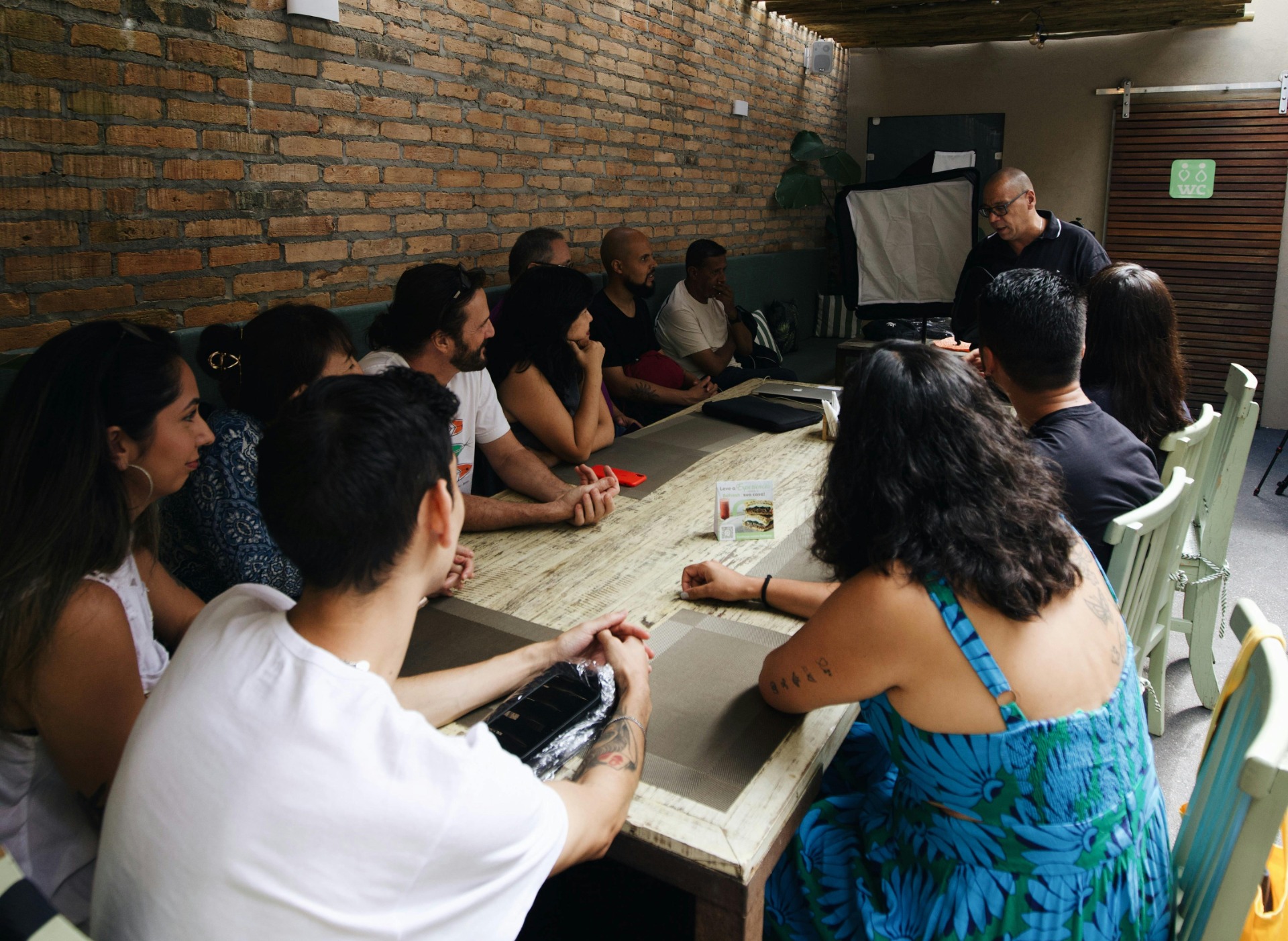Civil Peacekeeping Academy
The Origin-1 Peacebuilding Academy
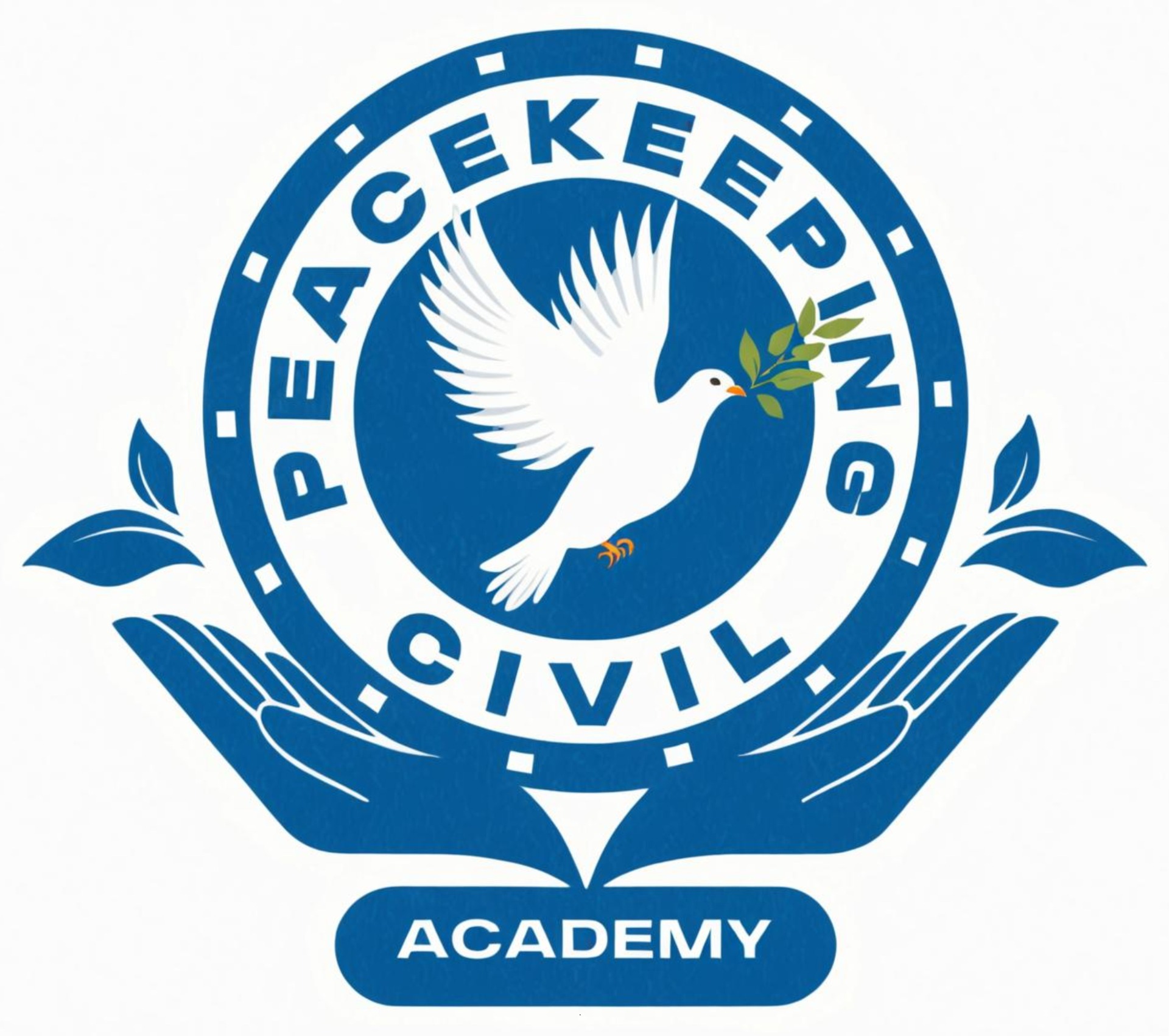
The Origin-1 Peacebuilding Academy is a specialized educational institution dedicated to ending violence and promoting long-term peace and reconciliation. Our academy operates through a unique model of civil peacebuilding, which emphasizes dialogue, collaboration, and a deep understanding of the diverse social and cultural factors that drive conflict. Our mission is to equip our volunteers with the knowledge, practical skills, and innovative tools they need to resolve disputes and build peaceful, resilient communities. We achieve this by fostering understanding and collaboration among individuals from all backgrounds and belief systems.
The core of our curriculum is built on the understanding that conflict is a complex social phenomenon that cannot be solved by force. Our volunteers, known as civil peacekeepers, are trained to identify and address the root causes of tension, such as social inequality, political exclusion, and historical grievances. They learn to facilitate difficult conversations, mediate disputes impartially, and empower local communities to take ownership of their own peace processes. This approach is proactive and preventative, designed to de-escalate tensions before they erupt into violence.
Our training programs are highly practical, combining theoretical knowledge with hands-on exercises and simulations. The foundational training for a civil peacekeeper is approximately 500 hours long, a commitment that surpasses the duration of many police academy programs and significantly exceeds the training that most military peacekeepers receive. This extensive training reflects the incredible complexity of civil peacebuilding. Volunteers must master critical skills such as active listening, non-violent communication, and intercultural competence, while also studying the history of various conflicts and successful peace initiatives. The academy provides them with the tools to work effectively in volatile environments while upholding the principles of Humanity, Impartiality, and Neutrality that define Origin-1.
The academy serves as a central hub for a global network of peacebuilders. It is a space where both seasoned practitioners and those new to the field can share knowledge, develop new strategies, and collaborate on shared initiatives. By connecting individuals who are committed to making a difference, we create a powerful, collective force for change. We believe that by working together, we can build a world where peace is not an abstract ideal but a tangible reality for all.

Our 20-Point Transformative Curriculum
At the Global Civilian Peacekeeping Academy, our curriculum goes beyond traditional training. It's a comprehensive, 20-point journey designed to forge resilient, skilled, and compassionate peacekeepers. We believe that true strength comes from both mind and body.
Our program is divided into four key pillars:
Foundations & Core Principles: We start with the bedrock of peacekeeping, from UN standards to the critical theories of conflict analysis.
Practical & Tactical Skills: You'll build essential, real-world abilities, including non-violent de-escalation, first aid, and advanced negotiation.
Mental & Physical Fortitude: Our unique, cutting-edge module on wellness includes intense physical training, a high-performance nutritional plan, and daily meditation to build resilience and manage stress in any environment.
Immersive Deployment & Field Exercise: The final phase places you in a simulated, realistic scenario where you apply everything you've learned in a challenging, immersive experience.
This is more than a curriculum—it's a path to becoming a new kind of leader, prepared to face the world's toughest challenges with courage and compassion.

The Global Civilian Peacekeeping Academy: Our 20-Point Curriculum
Module 1: Foundations & Core PrinciplesIntroduction to Peace Operations: An overview of UN, regional, and non-governmental peace operations, including historical context, key mandates, and the shift towards civilian-led protection.
UN Core Pre-Deployment Training (CPTM): A full-scale, mandatory module covering essential UN standards of conduct, including zero tolerance for sexual exploitation and abuse (SEA), human rights, and the peacekeeping principles of consent, impartiality, and non-use of force except in self-defense.
Conflict Analysis & Theory: In-depth study of conflict dynamics, root causes, and actor mapping. Trainees will learn to analyze complex crises and identify drivers of violence.
International Humanitarian and Human Rights Law: A comprehensive review of legal frameworks governing armed conflict and the protection of civilians. This section includes the Geneva Conventions and international treaties.
Introduction to Peace Operations: An overview of UN, regional, and non-governmental peace operations, including historical context, key mandates, and the shift towards civilian-led protection.
UN Core Pre-Deployment Training (CPTM): A full-scale, mandatory module covering essential UN standards of conduct, including zero tolerance for sexual exploitation and abuse (SEA), human rights, and the peacekeeping principles of consent, impartiality, and non-use of force except in self-defense.
Conflict Analysis & Theory: In-depth study of conflict dynamics, root causes, and actor mapping. Trainees will learn to analyze complex crises and identify drivers of violence.
International Humanitarian and Human Rights Law: A comprehensive review of legal frameworks governing armed conflict and the protection of civilians. This section includes the Geneva Conventions and international treaties.
Module 2: Practical & Tactical SkillsPhysical Self-Defense & De-escalation: Hands-on training in unarmed civilian protection (UCP) techniques, focusing on de-escalation, physical interpositioning, and safe withdrawal. This is about protecting yourself and others non-violently.
First Responder & Medical Trauma Care: Certification in first aid and trauma care (equivalent to a Tactical Combat Casualty Care, or TCCC, course) adapted for civilian field work. This includes responding to common injuries, psychological first aid, and mass casualty triage.
Mediation & Negotiation: Advanced workshops on mediating local conflicts, hostage negotiation techniques, and diplomatic communication with various stakeholders, including armed groups.
Interfaith and Intercultural Dialogue: Training on understanding religious and cultural diversity to build trust and resolve disputes in multi-faith contexts. This includes respectful communication and avoiding cultural gaffes.
Protection of Civilians (POC): Focus on the three tiers of POC (protection through political process, physical protection, and establishing a protective environment) as defined by the UN. This module includes planning and implementing POC strategies.
Information Gathering & Threat Analysis: Learning to collect and verify information from local communities, identify threats, and contribute to a mission's overall situational awareness. This module emphasizes the importance of a joint civilian-military-police approach.
Physical Self-Defense & De-escalation: Hands-on training in unarmed civilian protection (UCP) techniques, focusing on de-escalation, physical interpositioning, and safe withdrawal. This is about protecting yourself and others non-violently.
First Responder & Medical Trauma Care: Certification in first aid and trauma care (equivalent to a Tactical Combat Casualty Care, or TCCC, course) adapted for civilian field work. This includes responding to common injuries, psychological first aid, and mass casualty triage.
Mediation & Negotiation: Advanced workshops on mediating local conflicts, hostage negotiation techniques, and diplomatic communication with various stakeholders, including armed groups.
Interfaith and Intercultural Dialogue: Training on understanding religious and cultural diversity to build trust and resolve disputes in multi-faith contexts. This includes respectful communication and avoiding cultural gaffes.
Protection of Civilians (POC): Focus on the three tiers of POC (protection through political process, physical protection, and establishing a protective environment) as defined by the UN. This module includes planning and implementing POC strategies.
Information Gathering & Threat Analysis: Learning to collect and verify information from local communities, identify threats, and contribute to a mission's overall situational awareness. This module emphasizes the importance of a joint civilian-military-police approach.
Module 3: Specialization & Advanced TechniquesChild Protection & Gender-Based Violence (SGBV): Specialized training on identifying and responding to child-related threats and sexual and gender-based violence in conflict zones.
Community Engagement & Social Cohesion: Methods for building relationships and trust with local populations. Trainees will practice creating community-led solutions and fostering reconciliation.
Risk Management & Field Security: Practical training on navigating high-risk environments, including convoy security, checkpoint procedures, and emergency response planning.
Logistics & Humanitarian Aid Coordination: The ability to plan and manage the delivery of humanitarian aid, including supply chain management and coordination with aid agencies.
Child Protection & Gender-Based Violence (SGBV): Specialized training on identifying and responding to child-related threats and sexual and gender-based violence in conflict zones.
Community Engagement & Social Cohesion: Methods for building relationships and trust with local populations. Trainees will practice creating community-led solutions and fostering reconciliation.
Risk Management & Field Security: Practical training on navigating high-risk environments, including convoy security, checkpoint procedures, and emergency response planning.
Logistics & Humanitarian Aid Coordination: The ability to plan and manage the delivery of humanitarian aid, including supply chain management and coordination with aid agencies.
Module 4: Mental & Physical FortitudeIntense Physical Conditioning: Daily workouts focused on endurance, strength, and agility. This includes running, bodyweight circuits, and functional fitness exercises to ensure trainees are in peak physical condition for the demands of field work.
Nutritional Science for High Performance: A deep dive into creating a food plan that supports intense training, mental clarity, and sustained energy. This module covers proper hydration, macronutrient balance, and field nutrition.
Meditation & Stress Management: Daily practice of mindfulness and meditation techniques to improve emotional resilience, manage stress in high-pressure situations, and maintain mental clarity. Trainees will learn to use these techniques in the field.
Intense Physical Conditioning: Daily workouts focused on endurance, strength, and agility. This includes running, bodyweight circuits, and functional fitness exercises to ensure trainees are in peak physical condition for the demands of field work.
Nutritional Science for High Performance: A deep dive into creating a food plan that supports intense training, mental clarity, and sustained energy. This module covers proper hydration, macronutrient balance, and field nutrition.
Meditation & Stress Management: Daily practice of mindfulness and meditation techniques to improve emotional resilience, manage stress in high-pressure situations, and maintain mental clarity. Trainees will learn to use these techniques in the field.
Module 5: Immersive Deployment & Field ExerciseScenario-Based Field Exercise (Simulation): A multi-day, immersive simulation that replicates a real-world conflict zone. Trainees will apply all skills learned in a controlled, high-stress environment with role-players.
Practical Field Deployment: This is the unique aspect. Trainees are deployed to a real, but low-risk, context where they practice skills under supervision. This could be a community facing high social tension or a post-disaster recovery zone, not an active conflict.
Reporting & After-Action Review: Learning to produce professional field reports, including incident reports, daily logs, and post-mission analysis. Trainees will also participate in detailed after-action reviews to analyze their performance, identify areas for improvement, and create personal development plans.
Scenario-Based Field Exercise (Simulation): A multi-day, immersive simulation that replicates a real-world conflict zone. Trainees will apply all skills learned in a controlled, high-stress environment with role-players.
Practical Field Deployment: This is the unique aspect. Trainees are deployed to a real, but low-risk, context where they practice skills under supervision. This could be a community facing high social tension or a post-disaster recovery zone, not an active conflict.
Reporting & After-Action Review: Learning to produce professional field reports, including incident reports, daily logs, and post-mission analysis. Trainees will also participate in detailed after-action reviews to analyze their performance, identify areas for improvement, and create personal development plans.

Our curriculum and training modules are developed using and referencing the high-quality open-source and publicly available educational materials provided by:

UNITAR
United Nations Institute for Training and Research
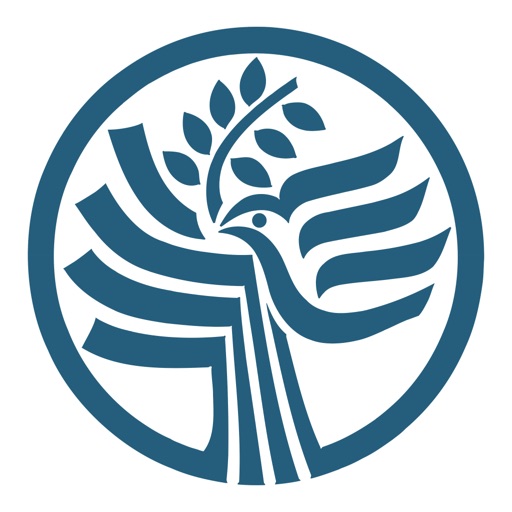
GKGA
Gandhi King global academy

POTI
Peace Operations Training Institute
HU
Harvard University

UBC
University of British Columbia

BU
Boston University

OU
Open University
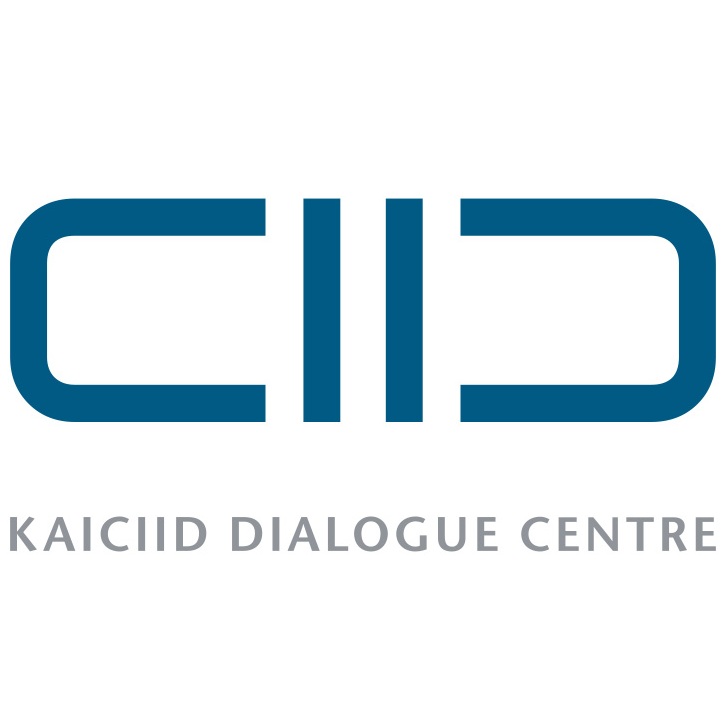
KAICIID
International dialogue center
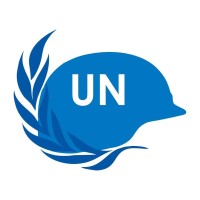
UN P T
United Nations Peacekeeping Training

IFRC
International Federation of Red Cross
"Note: This does not constitute an official endorsement or partnership with these institutions. We are grateful to these organizations for making their high-quality materials publicly available to support global training initiatives."
Contact us
This isn't a project that happens from a distance—it happens in conversations, in communities, and with people who are ready to build a new system for peace. We are laying the groundwork for a world where civilian protection is not a political negotiation but a fundamental right. Your questions, your insights, and your partnership are all vital pieces of this work. We believe in building a foundation of trust, and that starts with a simple conversation. Let's begin today.

